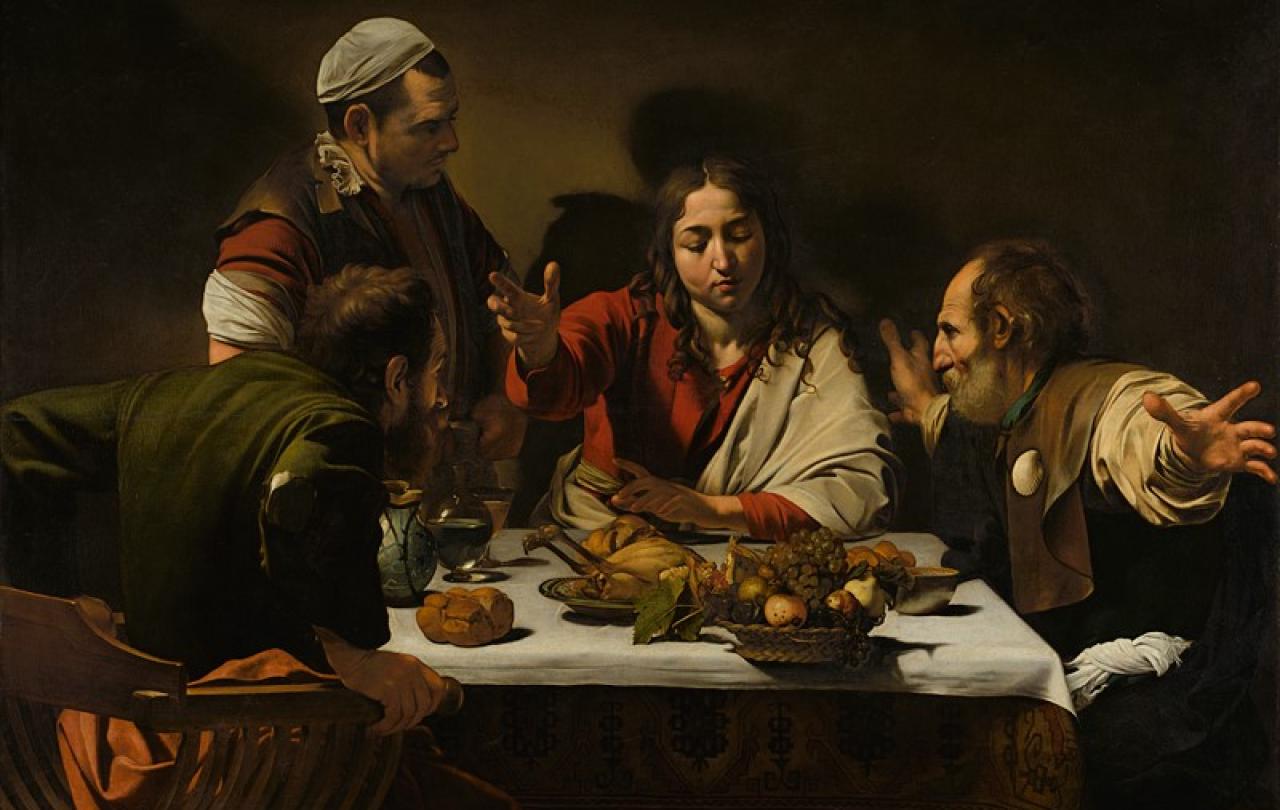
'It's not about the destination. It's the journey.' Spare a thought for the British Airways passengers who left Heathrow to Houston, only to land back where they started at nine hours later. It's probably a little bit about the destination too.
Even though BA195 was already flying over Newfoundland when the technical issue was raised, it made more sense to fix one of its Rolls Royce engines back at the ranch. In November an Air New Zealand flight also had a 'flight to nowhere' that lasted eleven hours. I'm not sure that's quite what T.S. Eliot meant when he wrote:
'We shall not cease from exploration
And the end of all our exploring
Will be to arrive where we started
And know the place for the first time.’
Being stuck somewhere you don't want to be, let alone finding yourself back where you began, is a tad more prosaic. The never-ending journey can feel like a destination in itself. Which is exactly where you don't want to be.
Airports and airplanes are neutral territory, not dissimilar to 'third places' as coined by sociologist Ray Oldenburg. Home is the first place, workplace is the second, and then there's the third space in our lives. Some of the characteristics are shared: a neutral ground without obligations, a leveller where status doesn't matter, and also where conversation is the main activity. Clearly Oldenburg wasn't thinking of the tube and Londoners where the chat is minimal! Airports and airplanes are also not completely levelling, when a delay or diversion means some can wait well up in the pointy end of the plane or in exclusive lounges.
Everybody knows each other's name, they celebrate together, mourn together - a compelling mixture of conviction, compassion and community.
The other day I turned on the TV, a re-run of Cheers appeared, about the eponymous bar in Boston where characters from different backgrounds and perspectives mingle. My toddler asked 'What's that?' I thought better than beginning to explain the concept of a third place. Or drinking. But we're all trying to get somewhere in life. Whether that's to get ahead, or even if it's just away from it all: to a bar or a holiday. So, the frustration of being stationary and sedentary in life when you're supposed to be having upward momentum can be even more challenging than the inconvenience of being up in the air and flying backwards.
But the Christian message is that the destination and the journey are actually inseparable.
Firstly, the church, if small enough, like Cheers, is a place 'where everybody knows your name'. I was recently at a church on a council estate and next to a prison. Everybody knows each other's name, they celebrate together, mourn together - a compelling mixture of conviction, compassion and community. In larger churches, much like most 'third places' you won't know everybody's name, but there is the commonality of having the same destination in mind. The sceptic might say it's simply a ticket to heaven, but the picture the Bible paints of the eternal reality is distinctly mirrored in the week-by-week journey: a liminal place where every people from every tribe and nation gather. It's a place where we can be propelled into the future.
Then there's the cross itself. The gospel writer Luke says that 'Jesus resolutely set out for Jerusalem'. He had his destination in mind. And on the cross there was finality for Jesus. But there was also an onward journey to come. Could it be that what the crucifixion and resurrection of Jesus opens up for us is not just an eternal destiny in the future, but a journey today where keeping company with God is the destination too?
Perhaps that's what entering a church can mean for us today: to cross the threshold into the future, and to know the place for the first time.





